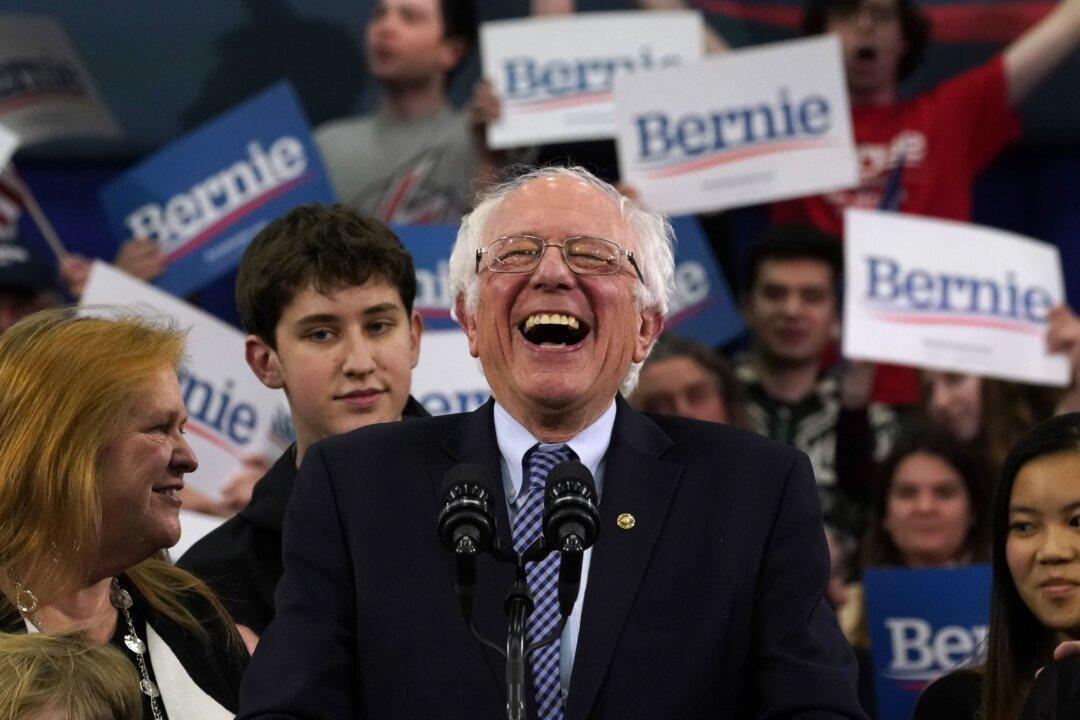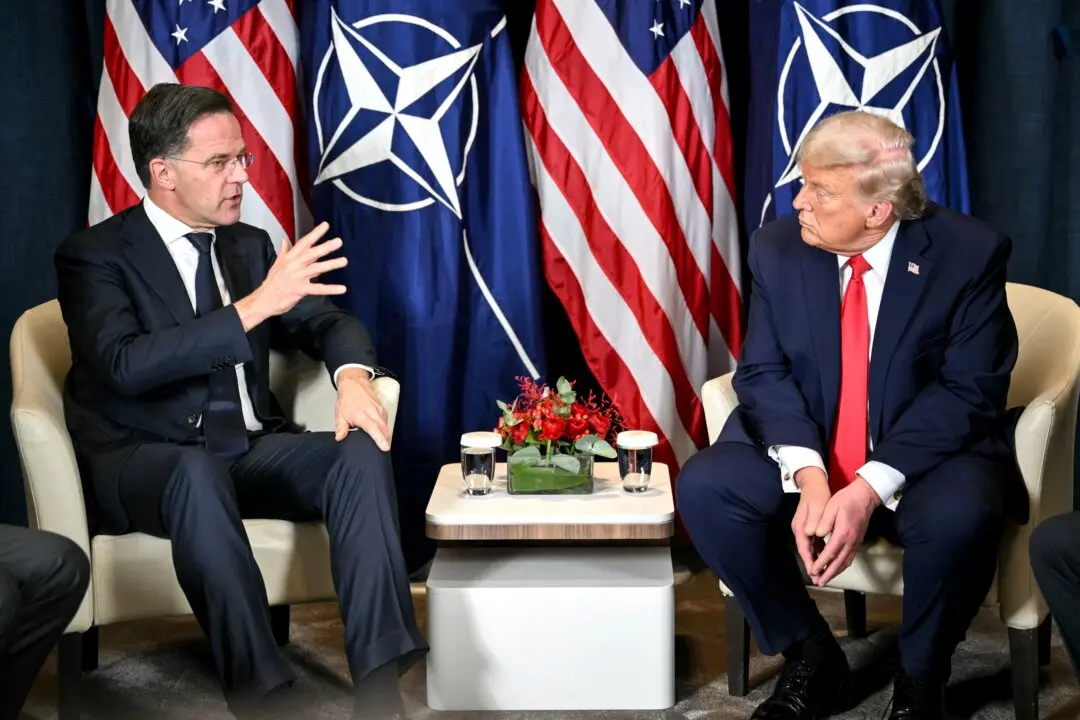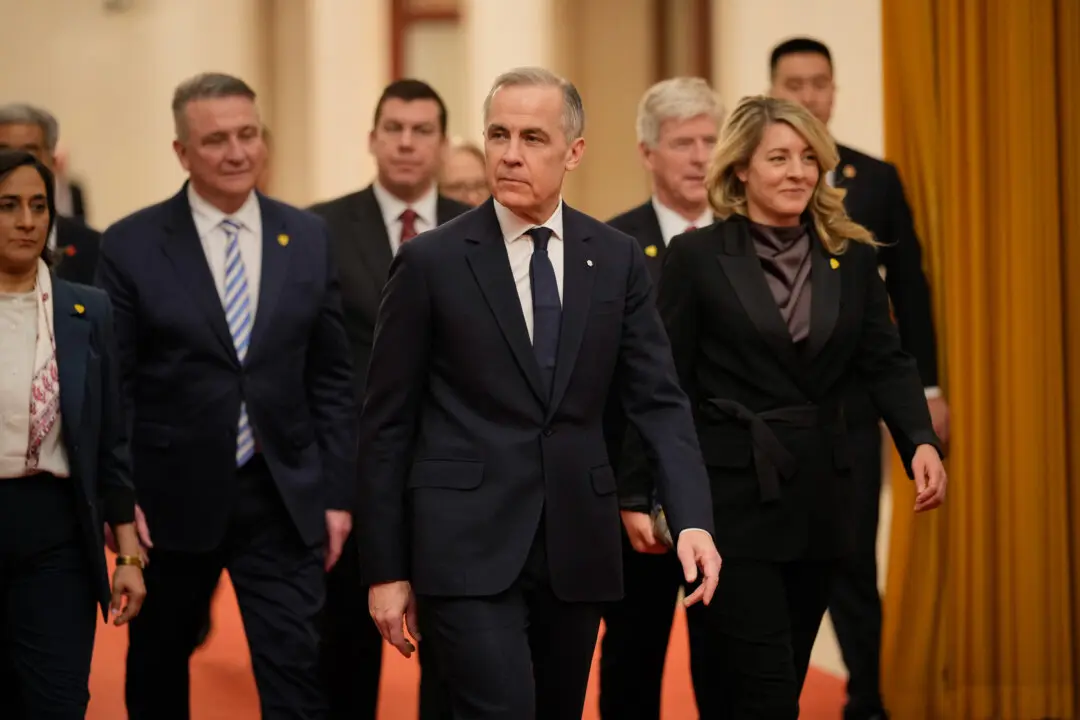Commentary
The Democrats are finally moving very suddenly to choose a candidate. Former Vice President Joe Biden and Sen. Elizabeth Warren (D-Mass.) have effectively been driven out of the race, leaving Sens. Bernie Sanders (I-Vt.) and Amy Klobuchar (D-Minn.), and former Mayors Michael Bloomberg (New York) and Pete Buttigieg (South Bend, Indiana).





